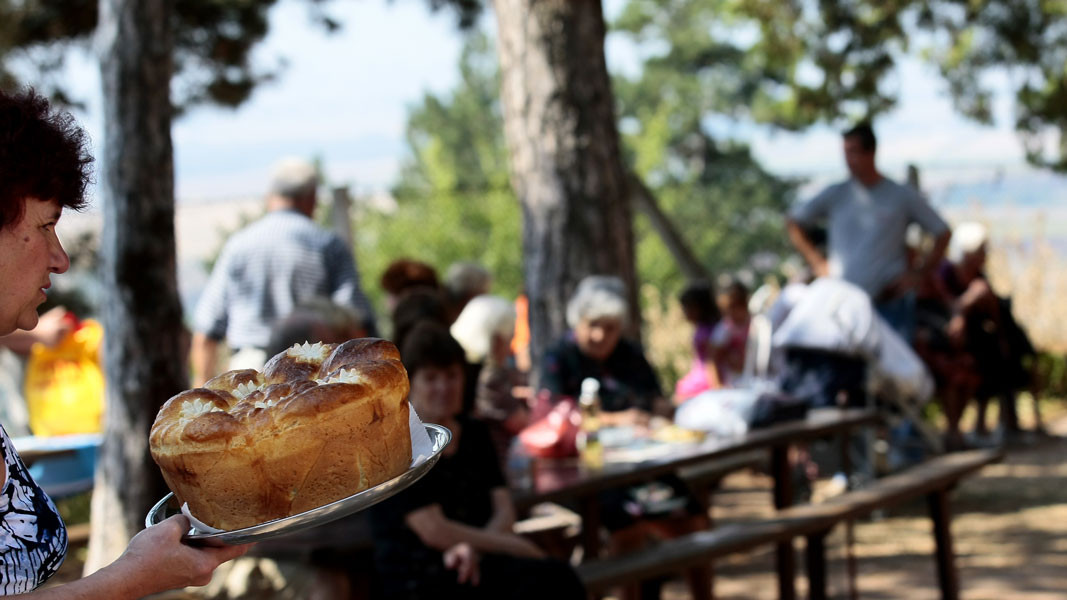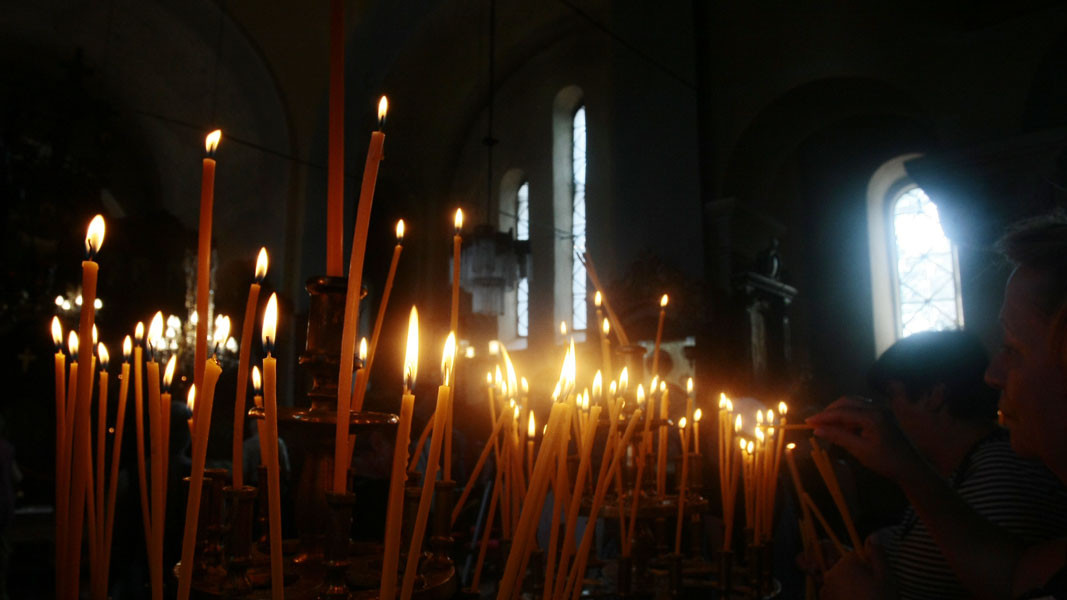The Assumption is one of the biggest summer holidays, marked by the Orthodox Church on August 15 (August 28, according to old style calendar.) The holiday has its origins in the Jerusalem Church and is one of the most ancient celebrations, dedicated to the Theotokos. In the icons, as well as in the festive liturgy in Orthodox churches on Assumption, the glorification of the Mother of God reaches its apogee.

In the villages where there is a church or a monastery named after the Mother of God, this day is especially solemn and a sacrificial offering for health and blessing is consecrated after the Divine Holy Liturgy. According to traditions, village meetings and family gathering are held. In Bulgarian folk songs, legends and beliefs, the Mother of God is a righteous, loving mother, merciful even to sinners. She is close to people, protects them, guides them, gives them signs how to act, which way to go, what to beware of. It is not by chance that in their prayers, the old Bulgarians call her "Dear Mother of God", filled with love and warmth, as for a native mother. She is believed to be the patroness of motherhood, women and children. That is why this is primarily a holiday for young brides who have not conceived. And since the day is dedicated to the Mother of God, women do not engage in housework. Those who do not have children yet bring home-made towels, aprons, socks, and flowers to the church and place them under the icon of the saint. And in the monasteries where her miraculous image is preserved, night vigils and liturgical processions are held as a sign of respect and adoration.

This is also the case in "Assumption of the Blessed Virgin Mary" Monastery in Iskrets, located at the foot of Mount Gradishte in Stara Planina. You can learn more about it from Radio Bulgaria’s article “The Assumption Monastery in Iskrets.”
Compiled by: D. Grigorova
English version: Alexander Markov
Photos: BGNESToday is Cheesefare Sunday. According to Orthodox tradition, this day is observed on the eve of Great Lent, when Christians seek and give forgiveness to each other . It is also known as Sirni Zagovezni because it marks the last day before Lent, when..
Priest Lyubomir Bratoev is a direct participant in the events of t he founding of the Bulgarian Orthodox Church community in Berlin . He came to the capital of East Germany in the late 1980s as a doctoral student. And, like a typical Orthodox Christian..
After nearly 35 years, the Bulgarian Orthodox Church Community in London has its own church in the central part of the British capital, in close proximity to the Bulgarian Embassy. There, in the prestigious Kensington district, next to Hyde Park and..

+359 2 9336 661
